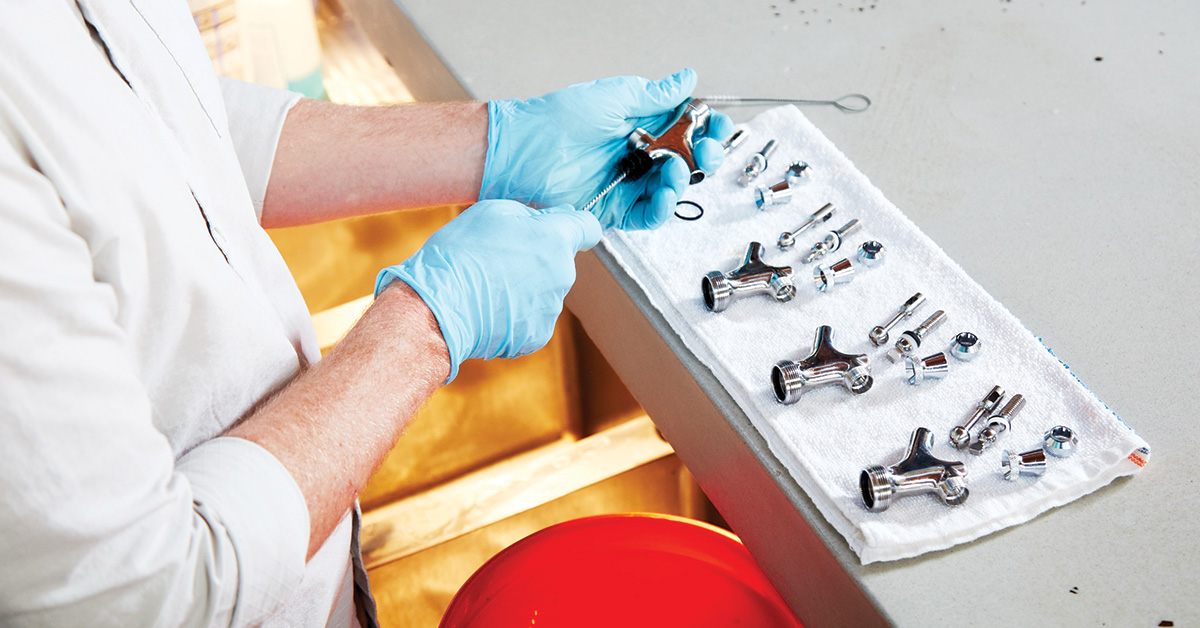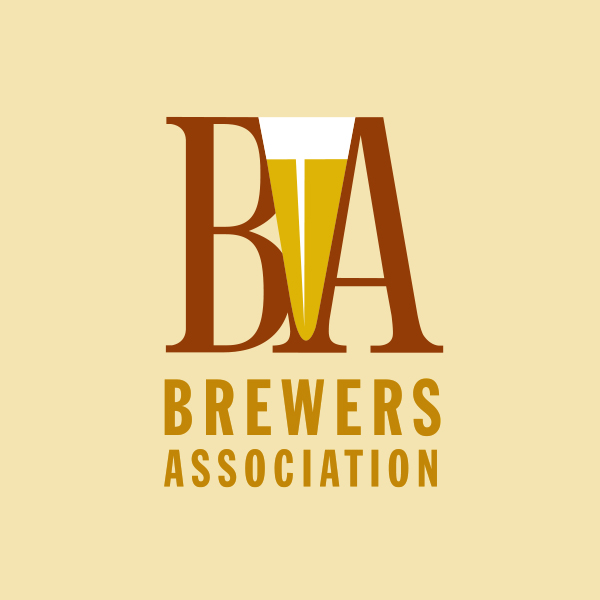If you’re a brewer or retailer who doesn’t clean your own beer lines yourself, there’s a good chance that you don’t know every detail of how your beer lines are cleaned. Line cleaning technicians (or operators) often work outside of normal bar and restaurant hours to avoid interrupting business. With busy service industry schedules, it can be difficult for an owner or general manager to learn the ins and outs of how their draught system is being cleaned.
If you live in a state that allows distributors to clean draught lines, you often don’t need to worry about hiring anyone because they either have a person, or team of people, on staff that clean draught lines, or they contract out a local line cleaning company to do the job. The cost is figured into the cost of the beer you order. Alternatively, you can choose to go outside of your distributor’s line cleaning service and hire your own line cleaner. If you live in a state where line cleaning by distributor representatives is prohibited, you will have to hire out or perform draught line cleaning in-house.
Whether you’ve hired a line cleaning technician yourself or have one provided for you by your distributor, you’re paying for the service in one way or another. Like any other contractor that is hired, there should be an interview process to know if a line cleaning service or technician is a good fit for your business.
Whichever one of these situations you may be in, it is beneficial to your business and customers to understand how beer lines are supposed to be cleaned and compare those standards to how they’re currently being cleaned. At this point, you might be thinking “Hold on, isn’t there just one way to clean draught beer lines?” Coming from a person who has worked in beer field quality for over a decade, not all line cleaning services are equal. You may be surprised to learn that there are different methods, chemicals, and hardware detailing practices.
There are also varying levels of training and experience among line cleaning technicians. There’s no standard training requirement for a beer line cleaning technician; the person cleaning your lines could have a ton of training under their belt or, unfortunately, they could have watched a couple of YouTube videos and cut costs by using the cheapest equipment and watered-down chemicals. Not to mention that some line cleaning technicians may not understand some of the safety implications that must be considered when cleaning beer lines. An untrained or undertrained line cleaning technician could potentially put you, your employees, and your customers at risk by leaving caustic in a beer line.
This is why a person in charge of hiring a beer line cleaning service should arm themselves with the knowledge of beer line cleaning best practices as described in the Brewers Association (BA) Draught Beer Quality Manual; it is the quintessential guide on all things draught beer. These standards have been determined by a group of experts from both large and small breweries in the United States. As a person who both works in this industry and enjoys having a fresh, flavorful pint at my local watering hole, I appreciate businesses that take the time to find out exactly what needs to be accomplished when a draught system is being cleaned and whether those things are being done by the person who’s doing them.
Use this downloadable Beer Line Cleaning Questionnaire as a template to guide your next conversation with a line cleaning operator. One side has a list of questions that a person responsible for hiring a line cleaning service should ask, whether auditing a current operator or interviewing potential candidates when hiring a new person or company. The flip side lays out the BA best practice recommendations for your convenience. Getting to know your line cleaning technician should be a priority to ensure the safety and satisfaction of your customers.
Draught Beer Training Resources
- Download a free copy of the Draught Beer Quality Manual for all things draught beer
- Training for Front-of-House: Draught Line Safety for Adjacent Workers
- Training for Professional Line Cleaners: Draught Line Safety for Line Cleaners



